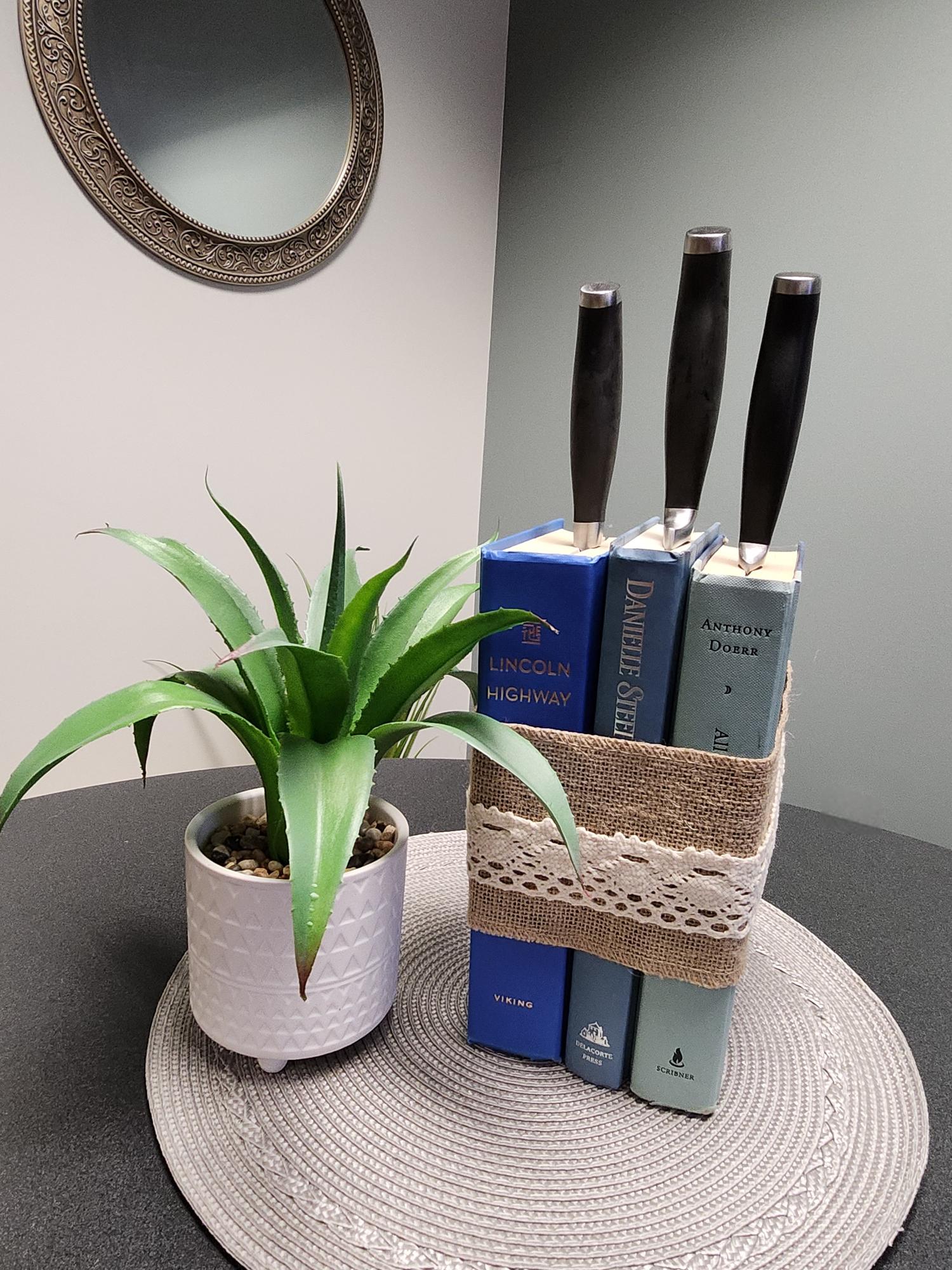By Major Cathi Boyd
Administrator for Program
Las Vegas, NV Adult Rehabilitation Center
Bible Study on John 4:1-42
You are not hidden
There’s never been a moment
You were forgotten
You are not hopeless
Though you have been broken
Your innocence stolen
I hear you whisper underneath your breath
I hear your SOS, SOS.
I will send out an army to find you
In the middle of the darkest night
It’s true, I will rescue you.
(Lyrics from “Rescue” by Lauren Daigle)
When I hear the words to this song, the faces of so many women come to mind; women who shared with me their pain, their stories, their lives. Some poured it all out in a rush, others slowly meted out the details, afraid to trust. The ministry of the Adult Rehabilitation Centers is one of loving the women who come to our doors until they can learn to love themselves, and to trust in the love God has for them.
When I hear the words to this song, I also think of a woman in the Bible who has so much in common with the women I serve each day. It’s as if the old country song “Looking for Love in All the Wrong Places” was written about her. We’re going to look at her story, found in John 4:1-42 (NLT)
To set the scene, it’s around noon on a hot, dry, desert day in Samaria. Jesus and His disciples approached Jacob’s well, near the town of Sychar. I love that the Bible says, “Jesus had to go through Samaria” (John 4:4). Jews avoided Samaria like the plague. They had a long-standing enmity with the Samaritans because invading countries had brought in pagan people who had mixed their race and their gods with the Jews who remained in the area. To keep themselves from being polluted by contact with the Samaritans, the Jews would take a three-day detour around the country. Yet Jesus had to go to Samaria. He had a divine appointment to rescue a woman. He sent His disciples into the village for food, and sat his weary body down, to rest against the well and wait (John 4:6). Jesus was God, and man, and that man got tired and hungry just like us. I’m thankful John includes this description of Christ’s humanness.
In the meantime, a woman was on her daily way to retrieve water from the well with no idea that her whole world was about to be turned upside right. Let’s hear the rest of the story from her perspective.
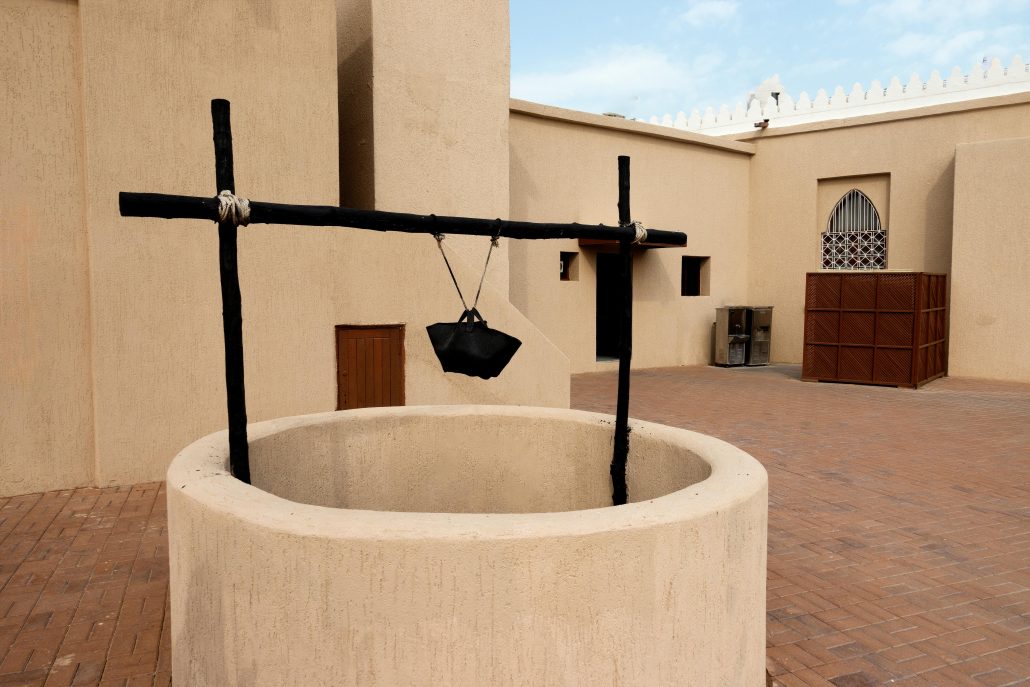
I was in the habit of going to the well midday. Yes, it was the hottest time of day, and the other women gathered at the well in the cool of the evening, but I was tired of their whispers, the things they said just loud enough that it would reach me. Whoever said “stick and stones may break my bones, but words will never hurt me” was either lying or incredibly sheltered. Words hurt the worst.
So I would go to the well around noon. It was the hottest part of the day, but at least I could go and not have to deal with the other women.
As I approached the well, I noticed a man sitting down with his back leaning on the rock wall of the well. He looked tired, and as I got closer, I could see from his clothes that he was a Jew. This was unusual because most Jews went out of their way to go around our country of Samaria to avoid having anything to do with us. It’s an old story, but the Jews view us as pagan mixed breeds who don’t worship God the right way. “Great!” I thought, “One more person to look down his nose at me.”
To my surprise, he asked me for a drink of water. I didn’t expect that. “You are a Jew, and I am a Samaritan woman. Why are you asking me for a drink?” (John 4:7-9) No self-respecting Jewish man would defile himself by talking to a lowly Samaritan woman like me. What was his game? I wondered.
He slowly stood and looked me straight in the eye. “If you only knew the gift God has for you and who I am, you would ask me, and I would give you living water.” (John 4:10)
Maybe the heat had gotten to him. This made no sense to me at all. “But sir,” I said, “You don’t have a rope or a bucket, and this is a very deep well. Where would you get this living water? And besides, are you greater than our ancestor Jacob who gave us this well? How can you offer better water than he and his sons and his cattle enjoyed?” (John 4:11-12)
There, that should stop this nonsense. I reminded him that we shared an ancestor in Jacob, and that this well was dug by him more than a thousand years ago.” Living water! I thought, humph! Whatever this guy was selling, I was not buying it.
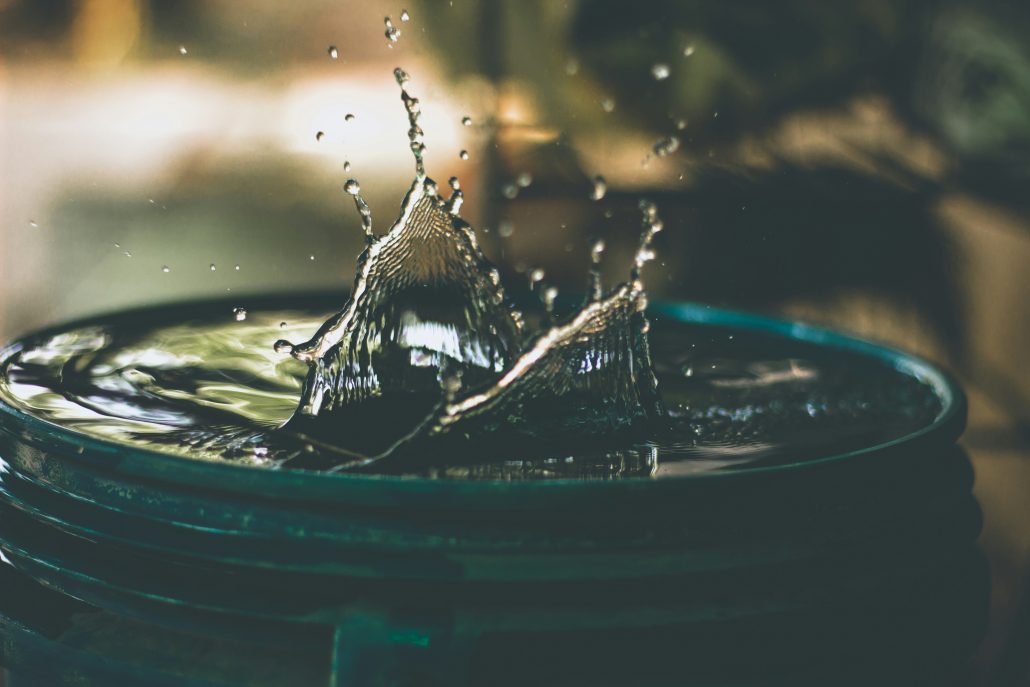
The man looked down the well for a moment, and then he said, “People soon become thirsty again after drinking this water. But the water I give them takes away thirst altogether. It becomes a perpetual spring within them, giving them eternal life.” (John 4:13-14) He then looked at me again. It made me nervous because I couldn’t figure him out.
“Oh, in that case, please sir, give me some of that water! Then I’ll never be thirsty again, and I won’t have to come here to haul water.” (John 4:15)
Maybe I was being a bit sarcastic…
He kept looking at me, and I looked anywhere but at his face. “Go and get your husband,” (John 4:16) he said quietly.
“I don’t have a husband,” (John 4:17a) I definitely sounded defensive. This conversation was getting too personal. Who was this guy?
“You’re right!” he answered. “You don’t have a husband—for you have had five husbands, and you aren’t even married to the man you’re living with right now.” (John 4:17b-18)
Whoa, shut the front door! What was going on here? How could he possibly know this? The hairs on the back of my neck stood up and goosebumps shivered down my arms. How could He know my ugly story, the endless search for love, the long, lonely nights, mornings tinged with regret? Well, I did what any sensible woman does when a conversation with a man gets uncomfortable—I changed the subject!
“Sir, you must be a prophet. So, tell me, why is it that you Jews insist that Jerusalem is the only place of worship, while we Samaritans claim it is here at Mount Gerizim, where our ancestors worshiped?” (John 4:19-20)
There! Religion. A topic Jews love to talk to death.
The man looked up for a moment and then back at me. “Believe me, the time is coming when it will no longer matter whether you worship the Father here or in Jerusalem. You Samaritans know so little about the One you worship, while we Jews know all about him, for salvation comes through the Jews.” (John 4: 21-22)
I stifled a yawn. Here was a safe topic. He might go on for a while, so I sat down on the edge of the well.
The man continued, “But the time is coming and is already here when true worshipers will worship the Father in spirit and in truth. The Father is looking for anyone who will worship him that way. For God is Spirit, so those who worship Him must worship in spirit and in truth.” (John 4: 23-24)
Wow! This was new to me. The Jews always said their temple in Jerusalem was the only place to worship God—and we had our own temple on Mt. Gerizim. But this man, this teacher, this prophet—I didn’t know what to call him, was saying that God could be worshiped anywhere? That true worship came in spirit and truth? I wasn’t exactly sure what the man was saying, but somewhere deep inside I felt a warming, a melting of the coldness around my heart.
I thought for a minute, but my mind couldn’t quite wrap itself around this. So I said, “I know the Messiah will come—the One who is called Christ. When He comes, He will explain everything to us.” (John 4:25)
“I am the Messiah,” the man said. (John 4:26) I looked up in surprise—looked straight into his eyes for the first time. I don’t know what I expected to see—religious fervor or a touch of madness? Was he making fun of me? Would I see judgement in his eyes? He knew me, he knew my pitiful life, my longing for love and acceptance—all of this I could see—and yet I saw something else. I saw that he was speaking the truth, to me, of all people. “I am the Messiah,” he had said. I am the One you have been waiting to meet all of your life. I am not judging you, I am reaching out to offer you living water—a new life, pure, clean, free from the past and your shame and your regrets.
How could I see so much in one look, you ask? I don’t really know. I just know that as I rose from the stone wall, I was not the same woman who had come to the well. I felt a freedom I had never felt before. I knew I was loved.
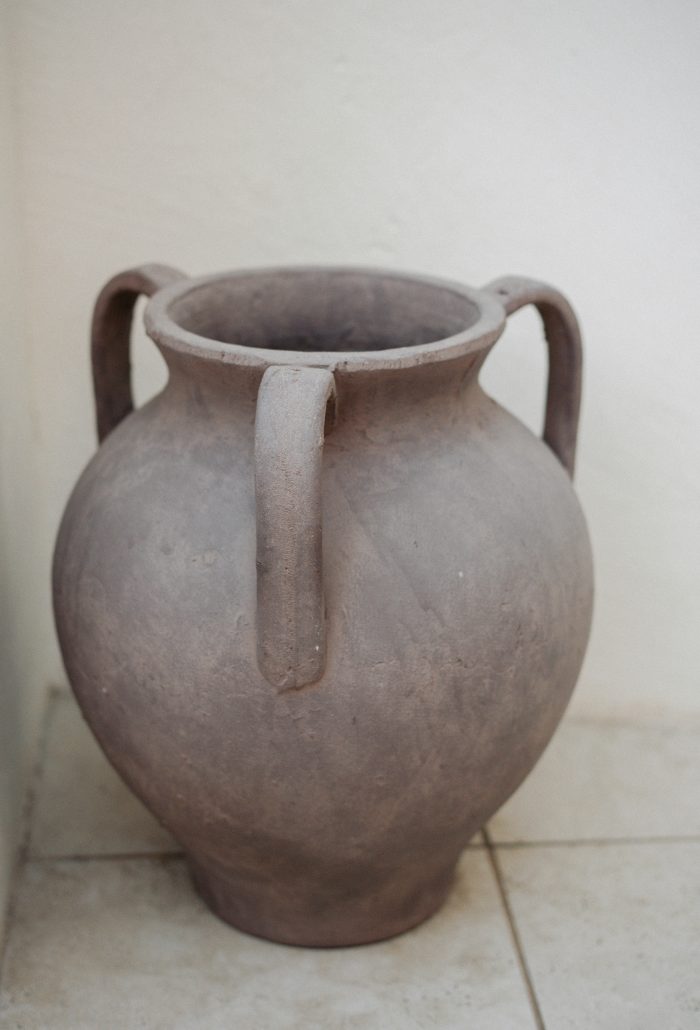
I saw some more Jewish men coming down the path, and I felt shy all of a sudden. I left my water jug and ran back to the village. I went to the center of the village and began telling everyone who would listen,
“Come and see a man who told me everything I ever did. Could he possibly be the Messiah?” (John 4:27-29)
I don’t know how convincing I was, but pretty soon the people of my village were running out to the well to meet this man. They saw something in my face or heard the sincerity of my words. I’m not sure—but they followed me back to the well. When they heard the man speak, they begged him to stay and teach us more. So he stayed for two more days. (John 4:39-40)
After he left the people of my village said to me, “Now we believe, not just because of what you told us, but because we have heard him for ourselves. Now we know indeed that he is the Savior of the world.” (John 4:41-42)
To say that life is different for me now is an understatement. Life is incredible. I left the man I had been living with, and I now stay with fellow believers. I work hard each day, but I find joy in my work. I no longer am looking for love in all the wrong places, because I have the love of God with me always.
I have been set free from my shame and guilt, and I enjoy real friendships with others who have also drunk deeply from the living waters that Jesus—for that is the name of my Savior—so freely gives.
My hope is that in sharing my story that you too will turn to the One who knows all about you—your hurts, your pain, your shame, your regrets—and loves you totally in spite of all you’ve been through in your life. He is the One who can fill the hollow place deep inside you that you have tried to fill with so many empty things. He alone can set you free and fill your life with love and joy. Drink deeply of his living water and truly live.
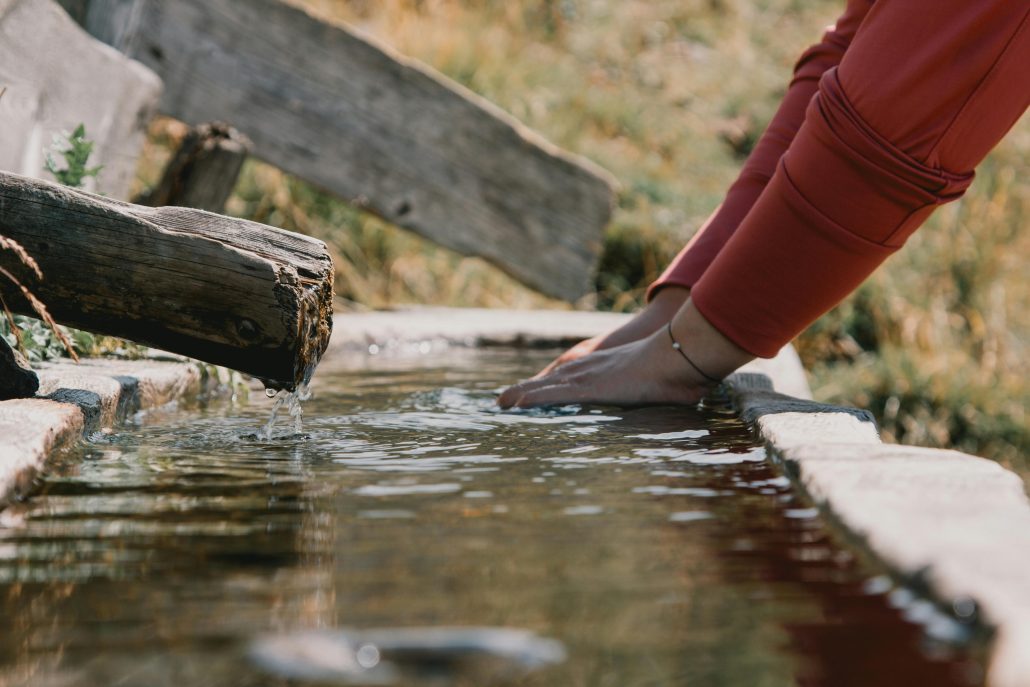
Questions to Ponder
- Have you ever been in a situation where you were being judged (fairly or unfairly) for life choices you had made? How did you handle that situation? What would you do differently now?
- The Samaritan woman lived in a culture when a woman had nothing if she didn’t have a man to take care of her. A man could easily divorce a wife if she didn’t please him. This is still true in some cultures today. How does this knowledge change your perception of the Samaritan woman?
- What does it say to you that Jesus had to go to Samaria? Why do you think He met this woman whose life was a total mess instead of the town leaders or religious leaders? What does this mean to you today?
- It was natural for Jesus to talk about water—they were after all standing by Jacob’s well. The Psalmist says, “As the deer longs for streams of water, so I long for You, O God.” (Psalm 42:1) What does it mean to be thirsty for God?
- Jesus speaks of giving us living water—a spring that never dries up. How does this word picture describe His presence in our lives? How do we acquire this gift?
- We started with the lyrics to the song “Rescue.” How could it change your life if you truly believed that to God you are never hidden, or forgotten, or hopeless, or unfixable, and that He hears the whisper of your heart and is just waiting to rescue you.
- How could this message change the life of someone you know? Are you willing to reach out and share this good news? Start with prayer and God will lead you from there.
Download a printable version of the Bible Study:
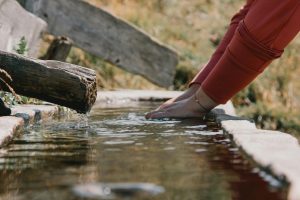
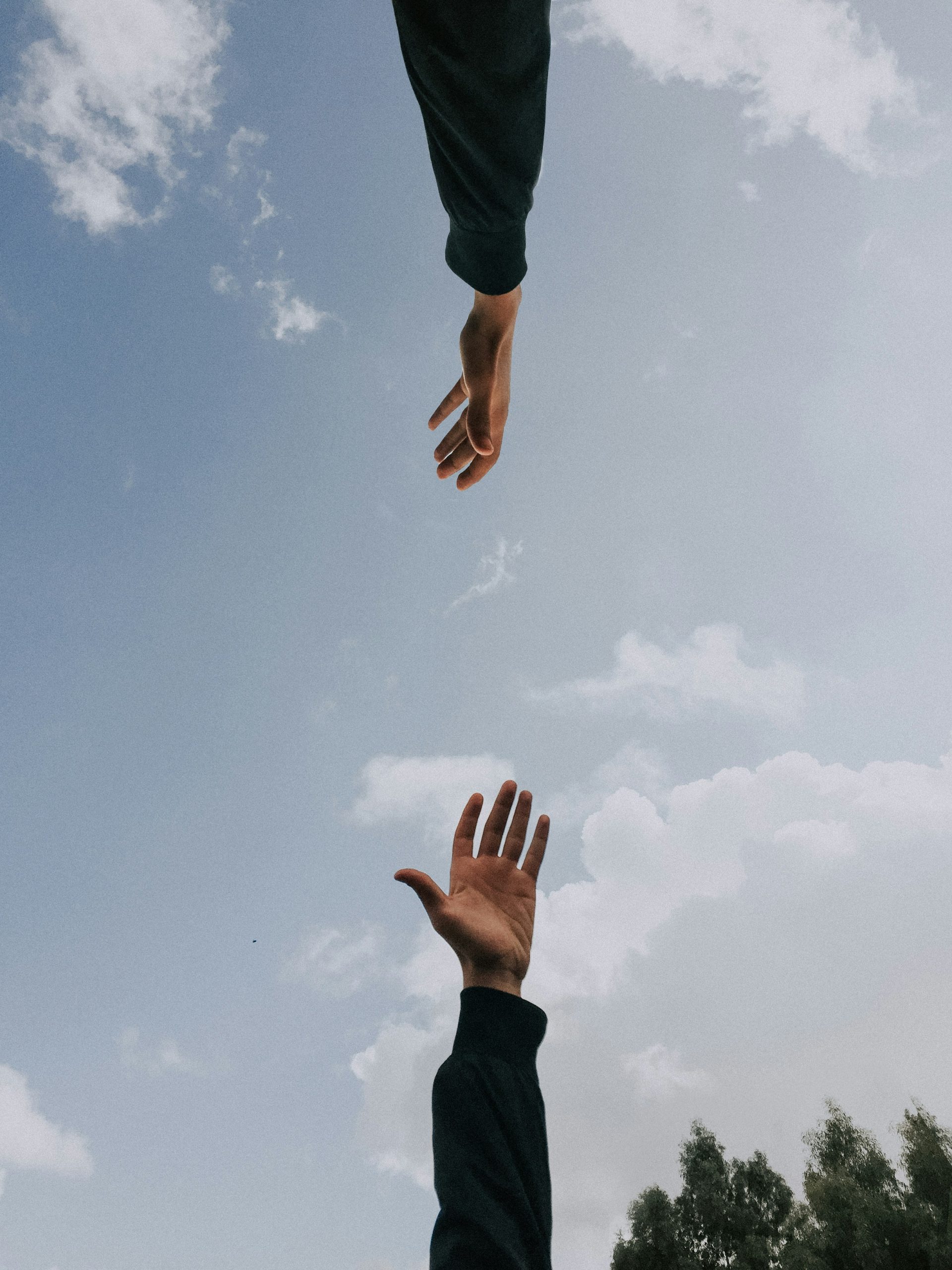 May 2025 Devotional: You are Rescued
May 2025 Devotional: You are Rescued